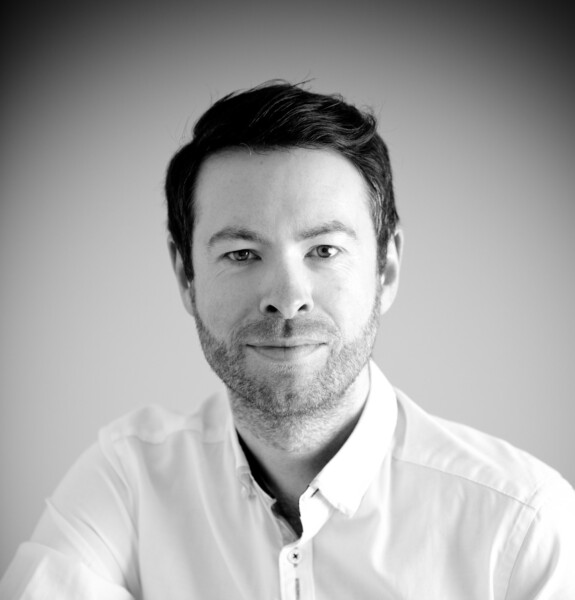
Counselling can be an incredibly beneficial experience for those in need of emotional support or advice. It provides a safe and secure space to discuss personal thoughts, feelings and experiences with someone who is trained to help guide you through any difficulties that may arise.
Through counselling, individuals are able to explore their emotions, gain insight into how they think and feel about certain situations, develop ways of coping with difficult life circumstances and build healthy relationships with others.
Counselling can also provide valuable guidance on how to manage stress, depression and anxiety.
It’s important to note that everyone’s counselling journey will look different; there isn’t a one-size-fits all approach when it comes to therapeutic work.
Depending on the type of counselling sought after, sessions could range from short-term interventions focused on specific topics such as career goals or grief, to longer-term therapy exploring more complex issues like trauma or substance abuse.
The benefits of engaging in counselling include improved mental health and well-being, increased self-awareness and understanding, better communication skills and deeper connections with others.
With the right kind of support from a counsellor, people often find themselves feeling lighter emotionally as well as empowered by newfound insights into their behaviour or belief systems.
They can learn new strategies for managing difficult situations rather than reverting back to old patterns that no longer serve them.
At its core, counselling offers an opportunity for growth – both personally and professionally – allowing people to become more aware of their needs while providing tools needed for self-care and personal development.
The ultimate goal is a long-lasting, positive change which starts within each individual person first before rippling out into other areas of life such as relationships or careers.
Becoming engaged in counselling can bring many rewards; ultimately giving us the power to take control over our lives so we can thrive instead of merely survive day by day.

Francis McGivern has been involved in psychology since 1996 but has a background as a carer for the elderly within the HSE. He holds an undergraduate degree in psychology from The Queen’s University of Belfast and a postgraduate Master’s degree in Applied (Counselling) psychology from The University of Ulster. He has been counselling since 2000 and was one of the youngest counselling psychologists in Ireland and the UK when qualifying in 2002. He holds chartered status with the Psychological Society of Ireland and is a full member of the division of Counselling Psychology. Francis completed a Doctorate in Psychotherapy at Dublin City University in 2014 (research entitled: ‘The Personal Impact of Uncompleted Suicide on Partners’) and has published papers on ethics in the context of psychotropic medication and psychotherapy. He published his first book Life After a Partner’s Suicide Attempt in 2021.

